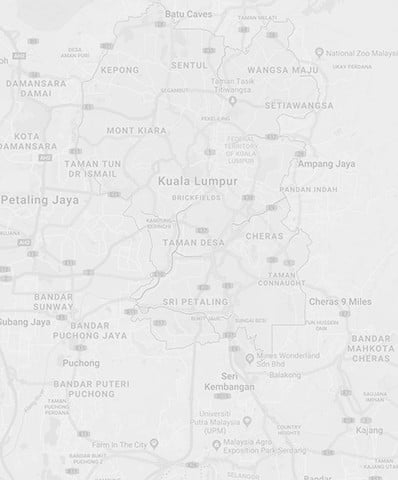There is nothing quite like the satisfaction of seeing the fruit of our labours come into being; of driving a creative process through from concept to end product; of knowing when we have created something that is uniquely part of us - that has been birthed from our interests, research, hypotheses, care, curiosity and critical thinking. In this week’s Secondary Blog, our Head of EPQ, Francesco Corbetta, shares with you how so many of our Sixth Form students have this experience through their study of the Extended Project Qualification.
Results day is in August, right? For most of our (I)GCSE and A level students, yes, but not for our Year 13 EPQ (Extended Project Qualification) students, who have been patiently waiting for their grades since they submitted their reports and gave their final project presentations last June. Well, the wait has certainly been worth it because this year an amazing 61% of students were awarded an A*, 85% of students achieved A*-A grades and 90% of students achieved A*-B grades. Furthermore, we have recently had official confirmation that Alice Smith’s growing legacy of success in the EPQ places us in the top 5% of schools globally.
Huge congratulations to all the students on their achievements, which will not only improve their university entrance prospects, but will also make a verifiably positive impact on their ability to conduct undergraduate research in any subject area. They will soon join the growing army of KLASS alumni who, year after year, come back and share how indispensible their EPQ learning journey was in shaping their ability to tackle the rigours of university study with far greater confidence than their non-EPQ qualified contemporaries.
As a research based-qualification, the EPQ requires students to develop the skills they will need at university including reviewing literature, conducting research, working independently on a significant project and, of course, using accurate referencing. Our supervisors support our students throughout their projects, challenging them to think and explore the topics they have chosen. The support our students receive is also recognised in our external examiner’s reports, which comment on the level of detail supervisors provide in the production log and in our quality of marking. Indeed, for this year’s set of results, the exam board (AQA) did not modify any of the marks after moderation, showing the level of care we put into the marking process.
Planning for and producing what is essentially a mini-thesis, the EPQ is worth 50% of an A Level and the quality of the work our students produce is truly impressive. For examples, Li-Anne achieved an A* with a 100% score for her project investigating the viability of regenerative agriculture in reducing our carbon footprint. Li-Anne was very proud of this achievement and enjoyed investigating a field that could help with the current climate crisis.
Rishabh also achieved a 100% A* grade with his project of designing and creating a website for the food wastage initiative in school. Aside from contributing to the wider school community, Rishabh outlined that he “would highly recommend any student to take on the EPQ, not only because it is such an eye-opening and hands-on experience, but also because there’s truly no feeling like completing that final report and creating something you are so proud of”.
A third 100% A* grade was awarded to Claire with her project investigating how significant clinical trials are to ensure the safe publication of drugs and vaccines. Claire notes that throughout the course she “had extensive guidance on good referencing and formatting tips”... “because we’ve had this training, I know I’ll have a head start on the techniques to structure my projects and reports in university”.
Other topics ranged from exploring whether CRISPR technology can be used for the treatment of Leber congenital amaurosis (LCA) and whether it could lead to a cure, which voting system would be fairest for the United Kingdom’s general elections, and looking at how the impact of microplastics on marine life can be reduced. From these projects, it is clear that many students are not just quenching a thirst for knowledge, but also feel a desire to learn more about Earth’s current issues in order to hopefully contribute positively to a better future.
Our current Year 12 students are now well into their projects and we look forward to another set of thought provoking projects and artefacts this summer.
Wishing you a wonderful weekend,
Dr Maria Osowiecki
Secondary Principal


